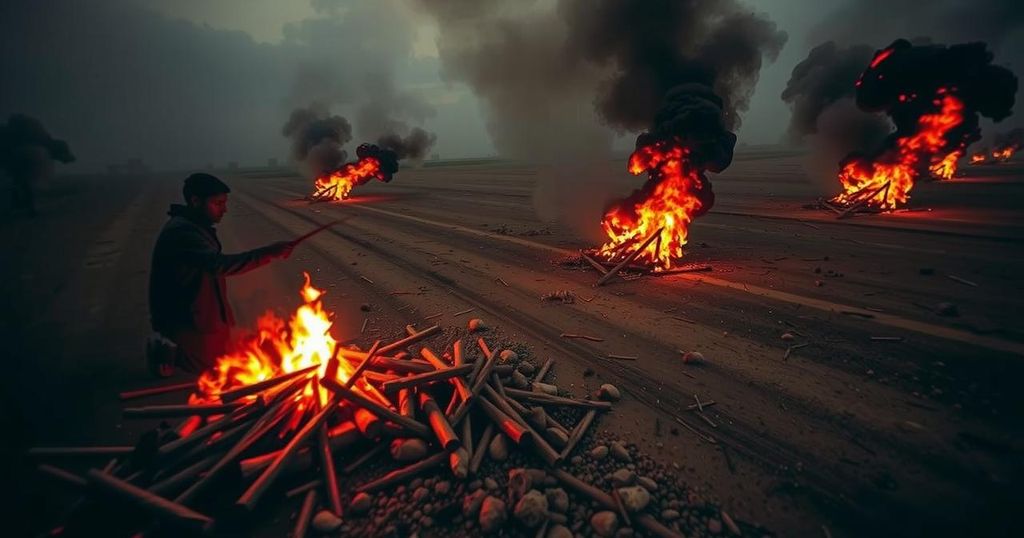A recent study indicates that the death toll in Sudan’s civil war is significantly higher than earlier estimates, claiming over 61,000 deaths in Khartoum State alone. More than 25 million people require food aid due to the conflict. The research reveals that 90% of both violent and all-cause deaths remain unrecorded, calling for urgent international humanitarian efforts.
Recent research from the London School of Hygiene and Tropical Medicine has significantly revised estimates regarding the death toll of Sudan’s civil war, revealing that fatalities are far more numerous than previously reported. Between April 2023 and June 2024, it is estimated that over 61,000 individuals in Khartoum State perished from various causes — a 50% increase from the nation’s pre-war death rates. Additionally, over 26,000 deaths resulting from violence were recorded in Khartoum State alone, surpassing the total intentional-injury death count for the entire country previously documented by ACLED (Armed Conflict Location & Event Data).
The escalating violence since the conflict’s inception has culminated in what the United Nations has identified as the world’s direst hunger crisis, affecting upwards of 25 million people requiring food aid, constituting half of Sudan’s population. The researchers posited that as much as 90% of deaths, both from violence and other causes, remain unrecorded, suggesting the total national death toll is even higher.
Lead researcher Maysoon Dahab explained that the capture-recapture analysis method utilized in the study involved triangulating data from diverse sources to determine the prevalence of unrecorded deaths. Furthermore, reports from aid entities like Doctors Without Borders describe a troubling increase in severe injuries among children and rising malnutrition rates, underscoring the conflict’s devastating impact on the population, particularly the youth.
With 11 million people displaced by the ongoing strife, the urgent call for increased international aid efforts has been made, emphasizing the need to reach inaccessible regions. U.S. Special Envoy to Sudan, Thomas Perriello, also stressed the global commitment to cease hostilities, although the likelihood of a truce remains uncertain given ongoing clashes between the Sudanese army and the paramilitary Rapid Support Forces. The geopolitical aspect of the crisis was further highlighted last week when Russia vetoed a UN resolution for a ceasefire, prompting strong criticism from Britain, reflecting a complex international engagement with the situation in Sudan.
The ongoing civil war in Sudan, which erupted in April 2023, has resulted in a stark humanitarian crisis marked by extreme violence between the national army and the paramilitary Rapid Support Forces. With the conflict severely disrupting essential services and humanitarian access, accurate mortality statistics have proven difficult to ascertain. This context underscores the urgency of the London School’s findings on mortality due to violence and preventable diseases amidst a collapsing health infrastructure and worsening famine conditions.
In summary, the recent findings from the London School of Hygiene and Tropical Medicine highlight the catastrophic toll of Sudan’s civil war, revealing mortality figures that far exceed earlier estimates. The widespread humanitarian crisis necessitates immediate and enhanced international assistance to address both the violence and the urgent needs of the affected populace. The geopolitical tensions surrounding this issue further complicate prospects for peace and aid efforts.
Original Source: www.voanews.com







